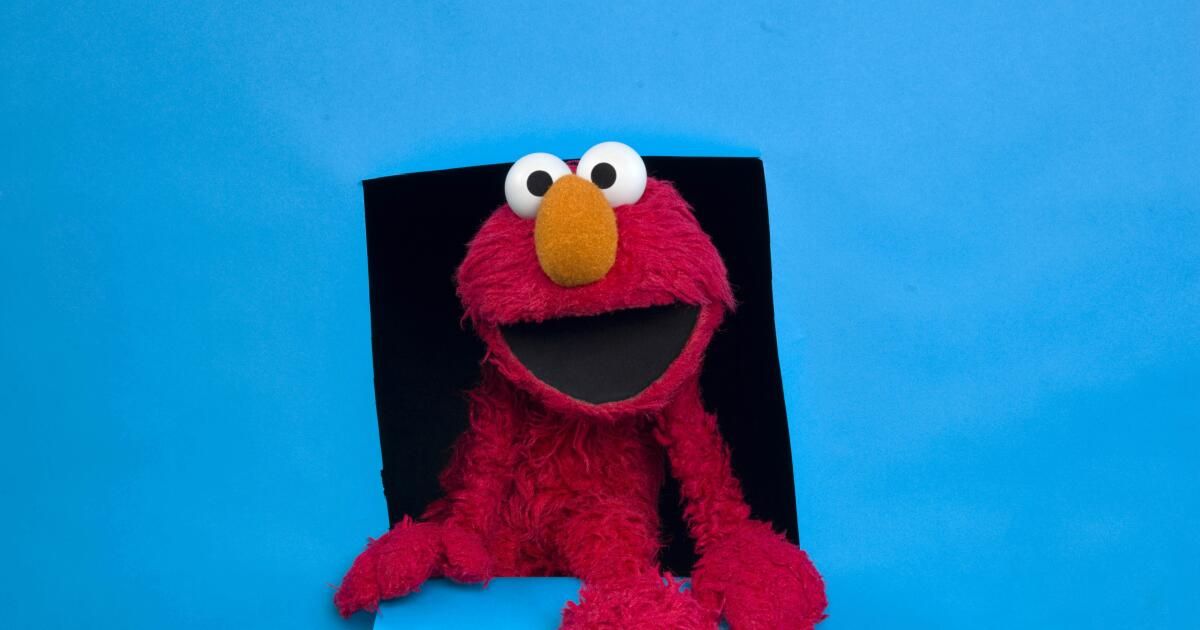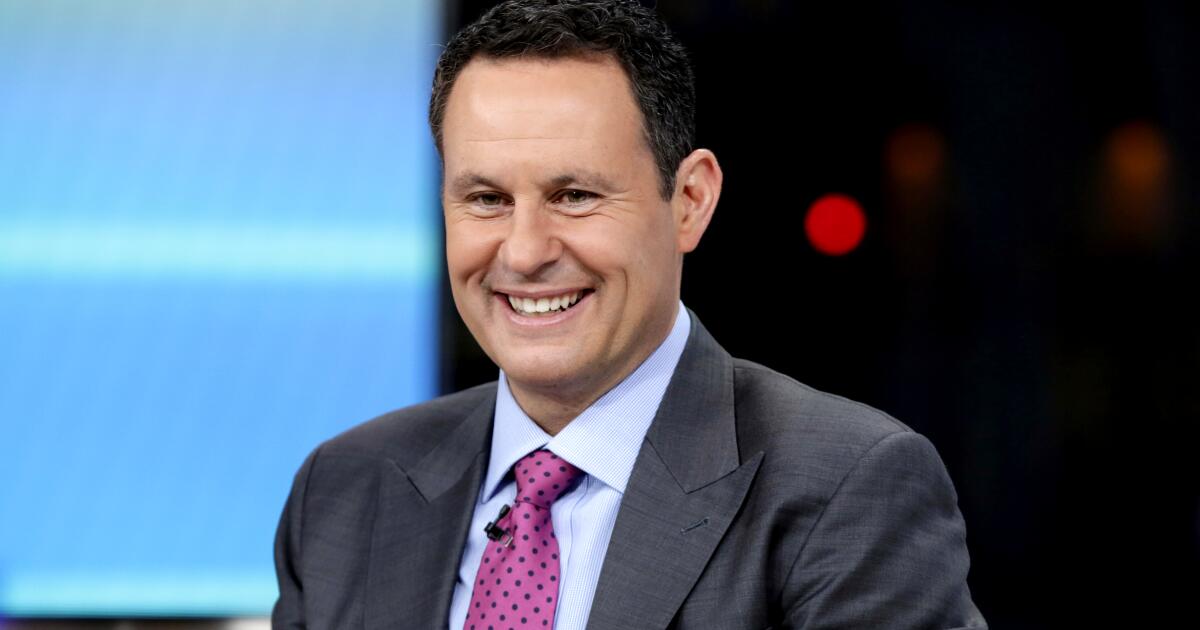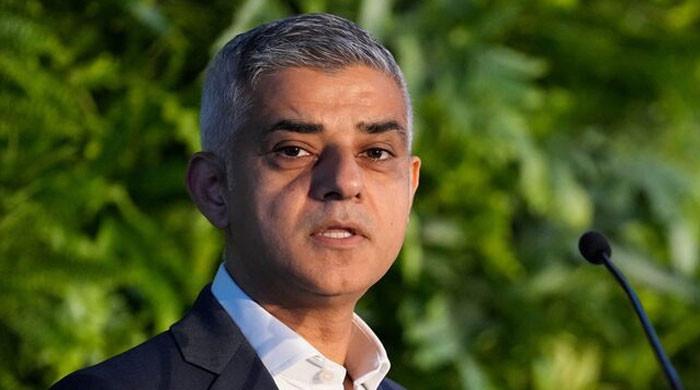Remember when Elmo went viral in January for asking people on the internet how they were doing and briefly became X's unofficial therapist?
“The world is burning, Elmo,” says an X user who calls himself Not the bee told the normally optimistic “Sesame Street” character: “No amount of tickling can fix this.”
“This world is full of pain, anger, violence, disease, power-seeking despots, and poverty,” said one user with the username Live life as if someone left the door open “The gap between the haves and the have-nots is widening, as H.G. Wells said.”
And those were just two of more than 20,000 responses.
Christina Vittas, Elmo's social media manager, was surprised by the unexpected response and told The Times she was grateful that the Muppet's simple question “opened up conversations about the serious mental health crisis in our country.”
Six months later, the creators of Elmo at Sesame Workshop have teamed up with Harris Poll to conduct a more comprehensive study of the state of American mental health. In May, they conducted 2,012 online interviews on a variety of topics with a nationally representative sample of Americans ages 16 and older.
The State of Wellbeing Report was published this week. Its findings include:
• 27% of respondents said their mental or emotional health, or that of a family member, was negatively impacting their well-being. This roughly corresponds to the 28% who were negatively impacted by a physical health problem. The only issue that affected survey participants more was financial security and personal finances, a concern expressed by 41%.
• Mental and emotional health was a particular burden for teenagers: 54% of 16- and 17-year-olds who responded to the survey said psychological problems had a negative impact on their overall well-being. This was also the view of 32% of parents and 41% of people who identified as LGBTQ+.
• When asked about their top concerns for their future well-being, 90% said their mental and emotional health and that of their family were somewhat or very important. By comparison, 89% said the same about physical health, economic security and personal finances, and having “a safe place to call home.”
• Seventy-seven percent of respondents said that to improve the well-being of future generations, the United States should prioritize investments in emotional and mental health. This is slightly lower than the 80 percent who called for more investments in economic security and slightly higher than the 76 percent who said the country should prioritize high-quality education and learning opportunities.
• 44% of all respondents said their families were “still experiencing negative effects from the COVID-19 pandemic.” This includes 57% of African Americans and 56% of Latinx Americans who responded to the survey. It also includes 63% of respondents who are members of Generation Z (ages 18-27) and 57% of those who are millennials (ages 28-43).
• When presented with a list of adjectives to describe the average American adult, only 37% selected “kind,” 35% selected “compassionate,” and 33% selected “empathetic.” However, 56% said this hypothetical adult was “anxious,” and 44% said he was “difficult.”
• The survey found overwhelming support for the idea that kindness is essential to the well-being of society. 91% of people agreed that “kindness fosters stronger bonds between people,” making them more empathetic and caring.
• 82% of respondents said their own mental wellbeing would improve if kindness was more common, and 89% said a kinder society would be better for children.
• 93% of respondents said they had performed at least one act of kindness in the past three months. More specifically, 57% said they had helped a friend or family member in need, 57% said they had listened to another person without judgment, 39% donated money to a charity, 35% helped a stranger, and 22% volunteered their time to support a cause, among other activities.
• Despite this display of kindness, most people said they didn’t see much of the same in others: 55% of respondents agreed that “being kind is not a priority for most people.” Additionally, 64% agreed that “most people don’t go out of their way to help others.”
• 73% of Americans said they wished they had learned more about managing their emotions as a child. The same was true for 84% of parents.
• 67% of Americans also wish their parents had been more transparent about their own struggles with mental health. This was particularly true for younger Americans: 77% of teens, 77% of Gen Zers, and 78% of millennials shared that sentiment.
Sesame Workshop described the report as “a first-of-its-kind index” and said it will continue to consult with Americans “to keep the pulse of the well-being of Americans and their families.”












